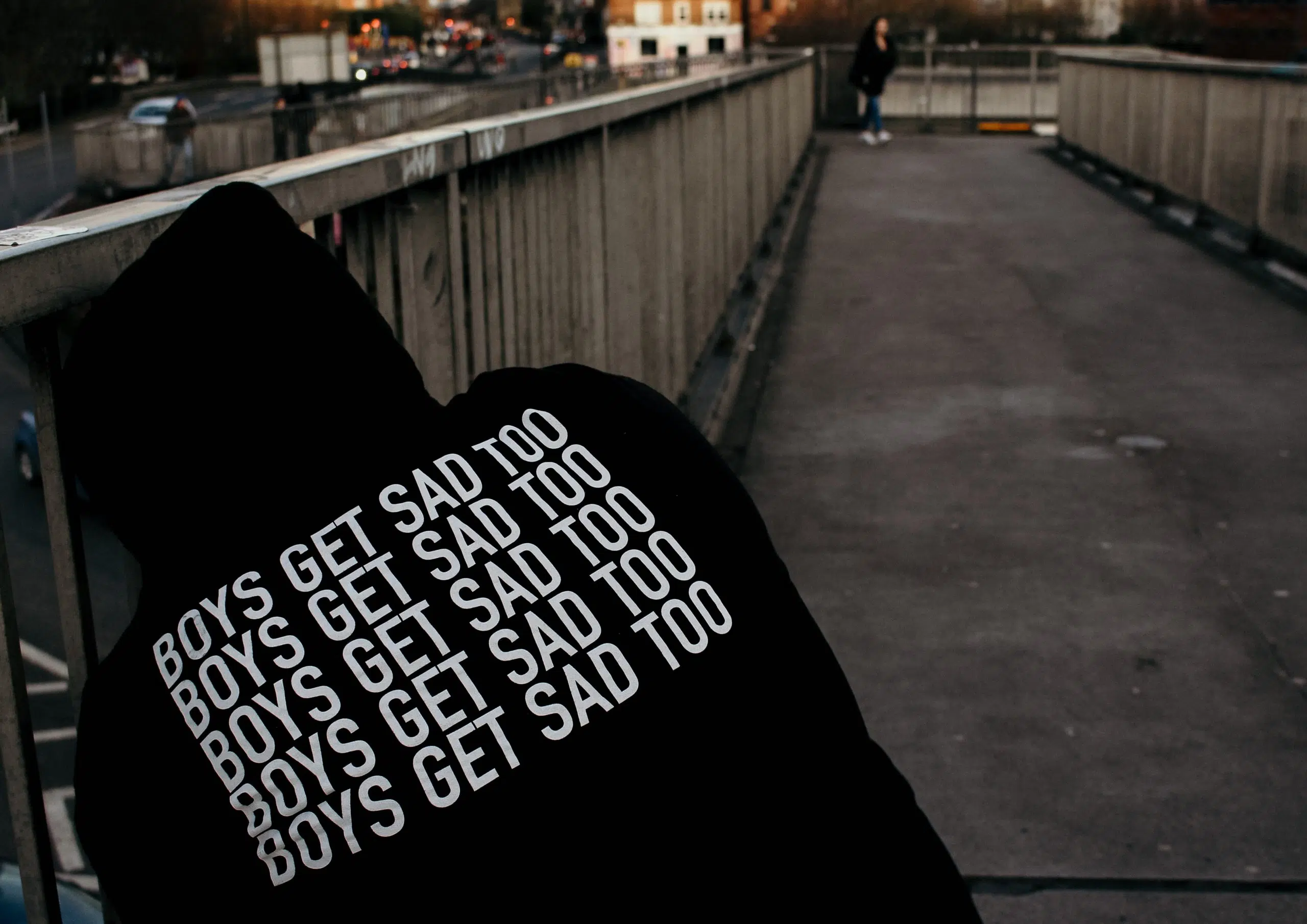Toxic masculinity. It’s a term that is often thrown around, but many people aren’t even sure what it means. Toxic masculinity refers to traditional cultural masculine norms that can be harmful to men, women, and society overall; this concept of toxic masculinity does not condemn men or male attributes, however it emphasizes the negative effects that traditional masculine ideals can have on society.
Consequently, men are expected to suppress their emotions in order to keep an image of strength. This could potentially have devastating effects on a man’s mental health.
Paul Wettlaufer is a man in his 50s, he grew up in a time period where traditional gender roles were much more of an expectation than they are today. He believes that what we have seen in the media has helped normalize men showing emotions.
“Some of the images that we’ve grown up with and seen on television, as just one example, have certainly allowed men to feel a little more loving and softer compared to some of the other images from previously. And what I mean by that is if you look back at Archie Bunker for example from the All in the Family days, he was very harsh, by the book, he always told you what he thought and didn’t seem very compassionate. He was always kind of tough on his wife but that was an image that we had seen before, which seemed to be in step with with the way the world was at the time. If we snapshot ahead, probably one of the first ones was The Cosby Show. Now Bill Cosby turned out to not be the best person in real life, but the character that he played in that show was more of a family man, he struggled with some of his emotions, he loved his wife, and was very demonstrative of the love that he had for her as well as his kids. So that kind of started to show the world you don’t have to be a certain way. When there’s acceptability in the media, then there starts to be more acceptability at home.”
The way we view masculinity is changing all the time. Despite this, men are still less likely to access mental health services than women, and according to the Canadian mental health association 4 of every 5 suicides in Canada are men.
Daniel Tarockoff is the writer of an online blog called “On the Mind.” he believes that as the way society views gender changes, so will the expectations placed on men.
“With gender being such a construct about how we approach things, I think as we move away from that and still pay attention to the differences biologically and mentally that inherently are there between men and women and any other sort of gender in between or outside of that spectrum, I think the less we constrain ourselves more than just biologically how we’re different the more free people will feel to be themselves and not feel like they have to fit into a certain box based on the gender that they identify with. So I think just naturally as we have these conversations about gender and it becomes more prevalent in society, and that we just get a better understanding for gender and its role it will inherently become easier for men who may have felt in the past that there they can’t get in touch with their emotions or can’t express their feelings without feeling weak or feeling like they’re not in the in group. I think that stuff is going to just dissipate naturally.”
While society has definitely made progress in the right direction in regards to toxic masculinity and the effect it may have on men’s mental health, it is abundantly clear that we still have a long road to go.
















Comments